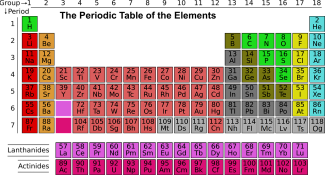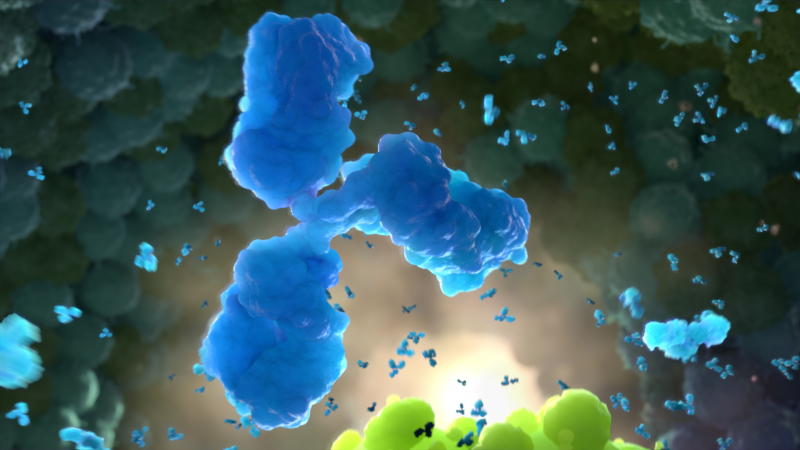Science & Society #2 – Why do I need to know chemistry?

Often in school, students study subjects they feel are unnecessary. Students may ask, aloud or, at least, in their minds, “When am I ever going to need to know this?” While a specific fact may never be required as an adult, a general understanding of subject material that seems useless, other than to pass a class, can be important. Let’s take chemistry as an example. It is a class that a small percentage (very small) understand and enjoy. But for most, the notion of learning about chemical bonds, electrons, protons, and reactions leads to anxiety and tops the “why do I need to know this?” list.
In reality, we all rely on chemistry every day. Chemistry causes recipes to work, pools to be safe, and clothes to be clean. Indeed, our bodies are made up entirely of chemicals. And while we often do not think about how the chemistry works, if our cake flops, we get sick from our pool, or our stain does not come out, we may spend time reflecting on why and trying to fix the issue. In short, we are thinking about chemistry.
Sometimes, however, understanding chemistry becomes important to understanding social issues. Let’s look at two examples as they relate to our health:
-
Vaccines1: Several years ago, a chemical called thimerosal was removed from vaccines. Thimerosal is also known as ethyl mercury. Now, we probably all have heard bad things about mercury. Too much mercury consumed in fish is known to be harmful to babies of pregnant women, so taking mercury out of vaccines probably seems like a good idea. But, why was mercury in vaccines to begin with and was it making vaccines unsafe? Some parents, already concerned about the safety of vaccines, felt that mercury in vaccines was more evidence that vaccines were unsafe. They sounded the alarm to alert other parents, forming advocacy groups and marching on Washington to demand “greener” vaccines. But was the mercury really unsafe for children receiving vaccines?
One of the key pieces to this puzzle is based on understanding chemistry – at least a little bit of chemistry. The form of mercury in fish is known as methyl mercury. Recall that the mercury in vaccines is ethyl mercury. Those words are only one letter different, but chemically speaking, they are very different. Methyl indicates one carbon with three hydrogens; whereas, ethyl indicates two carbons with five hydrogens. Our body can break down and rid itself of ethyl mercury far more quickly than methyl mercury. The same is true of ethanol and methanol. Ethanol, or ethyl alcohol, is ingested in beer or wine, but methanol, found in gasoline, is deadly if ingested.
-
Fats in food2: For several years, healthcare professionals encouraged patients to avoid too much fat in their diets to control the amount of cholesterol in their blood. For example, people were encouraged to use margarine instead of butter. Unfortunately, people making the recommendations did not yet understand the importance of chemical differences in the types of fat found in foods. Today, if you look at the nutritional information on foods, you will see words like “saturated,” “unsaturated,” and “trans” in reference to fats. These words tell us about the chemical nature of the fat, and their differences are important because some fats are worse for our hearts than others. So, while you don’t have to have a degree in chemistry to evaluate how healthy or unhealthy a food might be for you, familiarity with these kinds of terms and at least a vague understanding of the concepts can help.
For Discussion
Can you think of other examples in which an understanding of chemistry might be useful to the average adult? And, after considering the examples above, as well as others, what suggestions might you have to help adults better understand chemistry and help students like yourself consider topics in chemistry that might not seem relevant in school today but will be relevant to your lives in the future?
Additional resources
1To find out more about the history and chemistry of mercury in vaccines, check out the web page, Vaccine Ingredients - Thimerosal or the Q&A sheet, Thimerosal: What You Should Know on the Vaccine Education Center's website.
2To find out more about the history and chemistry of fats in our diet, check out Chapter 2, The Great Margarine Mistake, in Pandora’s Lab: Seven Stories of Science Gone Wrong, by Paul A. Offit, MD.
About the series
The Science & Society discussion series is based on the book, Pandora’s Lab: Seven Stories of Science Gone Wrong, by Dr. Paul Offit, Director of the Vaccine Education Center at Children’s Hospital of Philadelphia. We understand that teachers are using this book in high school classrooms, so in an effort to continue providing classroom resources, we developed this series to provide short reading passages that will leave students with questions to further explore in classroom discussions or specific projects. By presenting scientific ideas representing two sides of an issue, students will have the opportunity to consider how science fits into society from political, ethical, and legal points of view.

